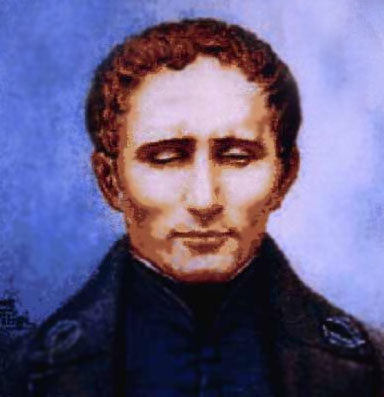On January 4, 1809, in the charming French village of Coupvray, a child who would go on to change the world for millions of visually impaired individuals was born. Through his resilience and creativity, Louis Braille developed a tactile reading and writing system now known by his name. His innovation significantly improved the lives of those without sight.
At the tender age of three, young Louis experienced a life-altering accident in his father’s harness workshop. He accidentally injured his right eye while playing with an awl—a sharp tool used for piercing leather. The wound became severely infected, and despite medical efforts, the infection spread to his left eye, leaving him completely blind by the age of five.
Determined to provide their son with a normal life, Braille’s parents enrolled him in the local school, where he excelled despite his disability. At ten, he recognized his potential and earned a scholarship to the Royal Institute for Blind Youth in Paris, one of the first schools for blind children worldwide. There, students were taught to read using embossed letters, a slow and cumbersome process that limited their access to literature.
In 1821, former army captain Charles Barbier introduced the students to “night writing,” a tactile system of raised dots designed for soldiers to communicate silently in the dark. While innovative, Barbier’s system was complex and impractical for daily use. Motivated to create a more efficient method, Braille, at just 15, developed a simplified system using six-dot cells, allowing users to represent letters, numbers, and even musical notes. This breakthrough enabled blind individuals to read and write quickly and accurately.
Braille’s system initially faced resistance and was not widely adopted during his lifetime. However, its profound impact became undeniable, and by 1854, two years after his death, it was officially recognized in France. Today, braille is an essential tool for literacy among the visually impaired, adapted to languages worldwide, and remains virtually unchanged—a testament to Louis Braille’s enduring genius.
Louis Braille’s invention opened doors to education, culture, and independence for the blind community. His legacy is celebrated annually on World Braille Day, January 4, commemorating his birth and the transformative power of his work.

